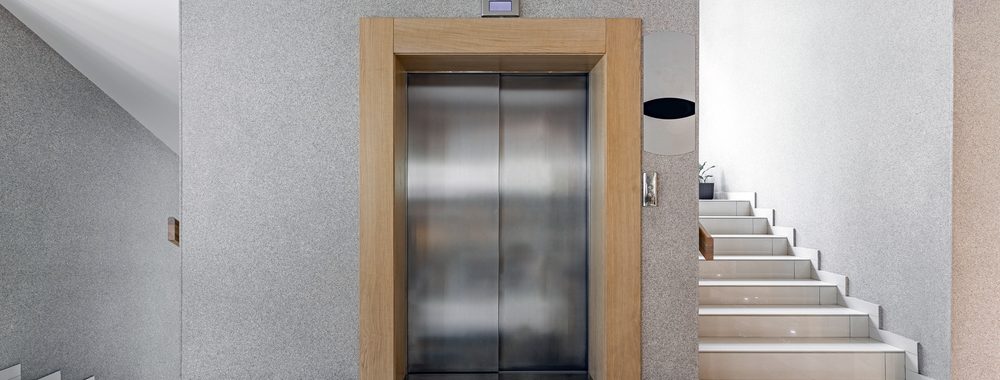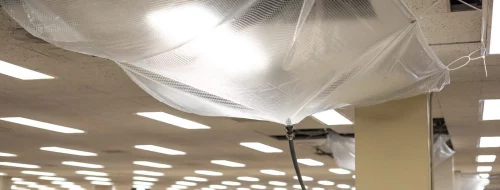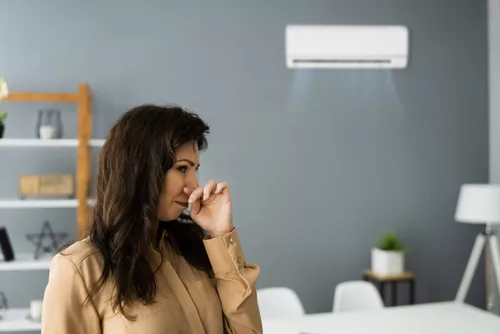Fire safety is important in every setting, but in an apartment building or condo complex, there are specific safety precautions to consider. Fire can spread quickly throughout the entire building, affecting the safety of all occupants. As the property owner or manager, it is up to you to establish fire safety rules early on to keep tenants safe and help prevent fires from breaking out in the building.
How Common are Apartment Fires?
According to the National Fire Protection Association, in 2019, 75,000 fires occurred in apartment buildings. 3,400 injuries occurred because of apartment fires, and 380 deaths. Although apartment fires don’t make up a large percentage of overall property loss in the country, a single fire in a structure can cause thousands of dollars in property damage for an individual.
Fires are almost always unexpected, but the good news is that being prepared for them is easy. Lives and property can be saved by having a preparedness plan.
Common Area Apartment Checklist
Exterior Checklist
-
Verify that address, building, and apartment numbers are clearly visible.
- In case of an emergency, emergency vehicles must be able to quickly see the address and location of the building.
-
Ensure that emergency vehicles can access the building.
- Emergency vehicles need access to the buildings, and all electronic gates must be operable by a KNOX key. Gates must be a minimum of 25 feet wide for two way traffic to allow space for emergency vehicles to pass through easily.
-
Check that KNOX boxes are installed correctly.
- A KNOX box is required on any property that has an alarm or sprinkler system. They should be accessible at the front gate or main office of the complex.
-
Check that all dumpsters are placed away from the buildings.
- Dumpsters should be placed at least 10 feet of combustible walls. Any fences placed around dumpsters should also be 10 feet away from the dumpsters to ensure they are not potential fire hazards if a blaze breaks out.
-
Any areas allowing barbecues or fire pits must have clear instructions and rules posted.
- Never leave grills or fire pits unattended.
- All usage of common areas is for adults only.
- When finished using these areas, flames and embers must be fully extinguished.
Internal Checklist
-
Install smoke detectors in all common areas.
- Smoke detectors should be installed in all hallways, common areas including lobbies, elevators, and entryways.
- Install smoke detectors on the ceiling (4” from the wall or less than 3’ from the cooling/heating register), or on the wall (not less than 4” or more than 12” from the ceiling).
- Test all common area smoke detectors once a month, and replace batteries twice a year.
-
Fire extinguishers must be installed in accordance with regulations.
- In common areas, for every 3,000 square feet, a fire extinguisher is required and accessible to all tenants.
- There should be no more than 75’ between each extinguisher anywhere in the building.
- All extinguishers should be no more than 48” from the floor.
- All extinguishers must be tested annually.
- Operating instructions must be facing out and easily identifiable.
-
Check the sprinkler system.
- The sprinkler system must be checked annually by a licensed sprinkler inspector.
-
Check storage units.
- No flammable liquids or other materials are allowed in storage units.
-
Laundry rooms
- Verify that dryers are cleaned on a regular basis.
- Check gas and electrical lines twice a year.
- Lint traps must be cleaned between every load of laundry if dryers are communal.
- Check that all machines are in working order, and have them repaired quickly if they are out of order.
While these are just a few ways to keep common areas safe from fire damage, accidents can happen at any time. If your apartment or condo complex suffers fire damage, call McMahon Services immediately. Our fire restoration team is available to help 24 hours a day, 7 days a week, and ready to respond to any size of fire damage.
Our goal is to get your building back to normal as quickly as possible, with as little disruption to your tenants. Call us right away at the first sign of trouble.








0 Comments